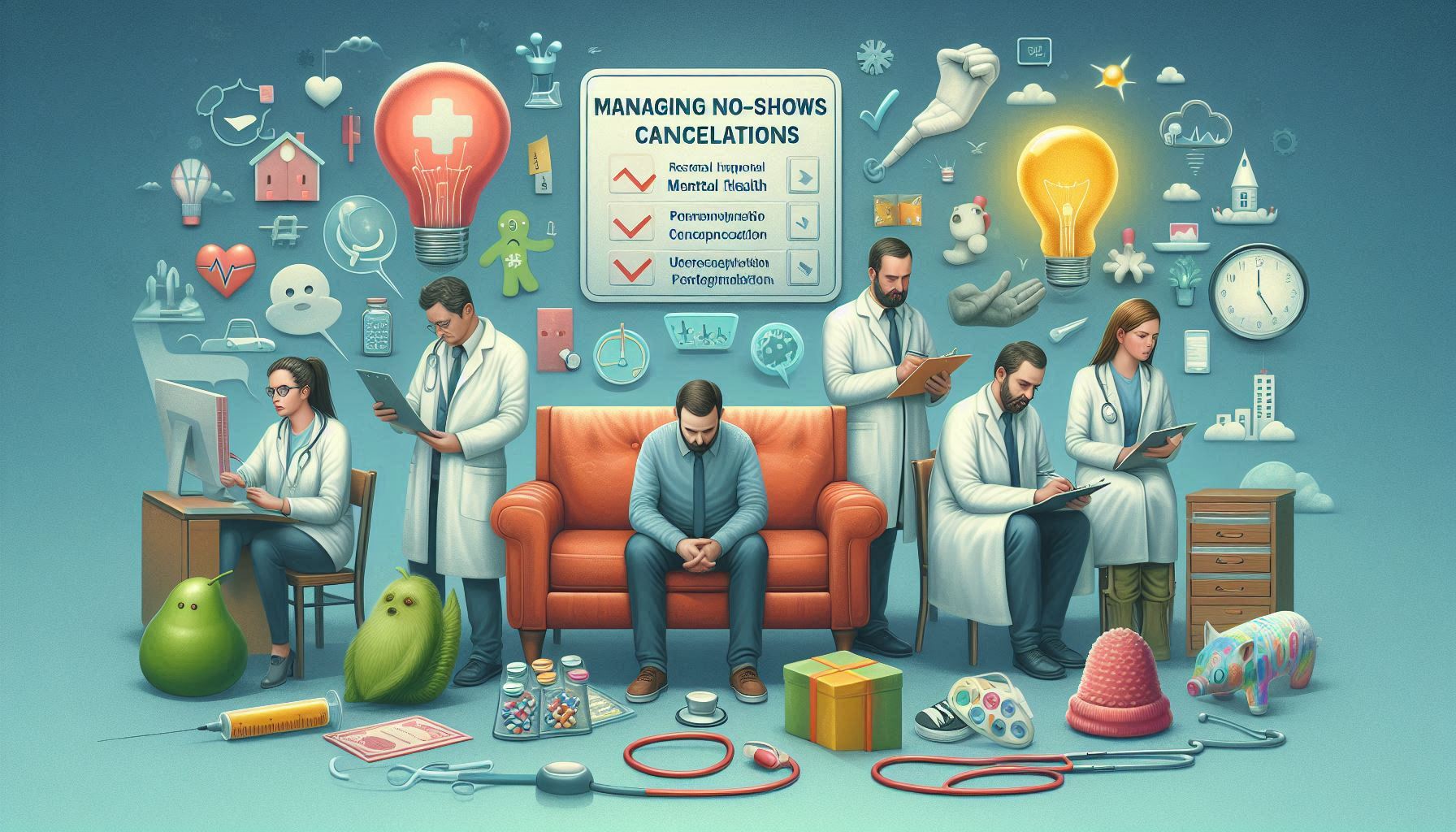-

Using Patient Portals to Simplify Billing Communication: A Transformative Approach in Behavioral Health and Beyond
Billing communication in healthcare has long been a source of frustration for both patients and providers. Opaque pricing structures, confusing invoices, and delayed statements contribute to patient dissatisfaction and delayed payments. With the rise of digital health technologies, patient portals have emerged as powerful tools to streamline and simplify billing interactions. This guide explores how…
-

Financial Literacy for Behavioral Health Patients: Building Trust Through Transparency
In the realm of behavioral health, conversations about trauma, mental illness, addiction, and recovery dominate the discourse. What’s often overlooked, however, is the role of financial literacy — a topic that significantly affects patients’ ability to access, continue, and benefit from care. For patients already burdened by emotional distress, unclear billing, insurance confusion, and hidden…
-

Digital Wallets and Mental Health Billing: A Convenience or Concern?
In an era increasingly defined by digital convenience, healthcare—particularly mental health services—is undergoing a rapid transformation. Among these changes, digital wallets have emerged as a novel method of processing payments, touted for their speed, security, and convenience. But as with any technological integration, their presence in mental health billing has sparked debate: Are these digital…
-

Trauma-Informed Billing: A New Paradigm in PsychCare Collections
In recent years, the mental health field has seen a growing emphasis on trauma-informed care—a framework that recognizes the widespread impact of trauma and integrates this awareness into clinical practices, policies, and procedures. However, one critical area that has lagged behind in this transformation is billing and collections. The financial side of care, often perceived…
-

Managing No-Shows and Cancellations: RCM Implications in Mental Health
Introduction: The Hidden Cost of No-Shows and Cancellations in PsychCare In the revenue cycle of a mental health practice, every appointment slot represents a unit of clinical service and potential revenue. When a patient fails to show up or cancels last minute, the implications go far beyond lost time. These occurrences disrupt clinical workflow, deny…
-

Optimizing Patient Scheduling for Better RCM Efficiency in Psychiatry
Introduction: The Overlooked Power of Scheduling in Psychiatric Revenue Cycle Management In the complex world of Revenue Cycle Management (RCM), scheduling is often dismissed as a front-desk task—a routine function limited to setting appointments and sending reminders. Yet in psychiatric care, where time is not only money but the essence of therapeutic continuity, patient scheduling…
-

The Impact of Staff Turnover on RCM Performance in PsychCare
Introduction: Understanding the Link Between Staff Turnover and RCM Performance in PsychCare Staff turnover is a persistent problem across all healthcare sectors, but in psychiatric care (PsychCare), its implications are particularly damaging to the financial backbone of the practice: revenue cycle management (RCM). RCM encompasses the full spectrum of administrative and clinical functions that contribute…
-

Creating an RCM SOP Manual for Behavioral Health Practices
Introduction: Why SOPs Matter in Behavioral Health RCM Standard Operating Procedures (SOPs) are critical tools for achieving consistency, compliance, and financial sustainability within behavioral health practices. In the context of Revenue Cycle Management (RCM), SOPs act as a blueprint for guiding administrative and clinical staff through the complex financial processes that begin at patient intake…

Monday – Saturday 9AM – 5PM
Sunday – CLOSED





